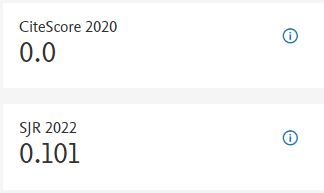THE EFFICACY OF THE POSH ACT IN INDIA: ANALYZING THE CHALLENGES OF IMPLEMENTATION AND COMPLIANCE IN CORPORATE AND PUBLIC SECTORS
DOI:
https://doi.org/10.7492/nxz42g03Abstract
Prevention of Sexual Harassment (POSH) Act enacted, in 2013, for prevention of any sexual harassment, and to provide measures for its redressal. After its implementation up to a decade, there has been a variation in the different successes recorded across the different sectors. This research assesses the effectiveness of the POSH Act, especially in relation to its enforcement and application by corporate institutions and the government. This paper analyses the provisions of the Act, functioning of ICCs, &major hurdles that entities encounter in eliminating harassment at the workplace. With the help of understanding how the act is hindered, many entities that have complied with the legal requirement of establishing ICCs could increase the act’s effectiveness and overcome challenges like organizational resistance, cultural stigmas, bureaucracy, and inadequate training. This paper shows that legal formalism, gender stereotyping, and structural bias influence low reporting rates and an absence of adequate redress, especially in industries dominated by men and government organizations. In the lack of actual quantifiable observations, the research reveals loopholes in the legal interpretations, societal perception, and provisions of the act. The recommendations that were advanced in this paper include increased support to enhance the implementation processes through improvements of ICC structures, better training to the parties involved and strict regulatory frameworks to further promote safety in workplaces throughout India.

















